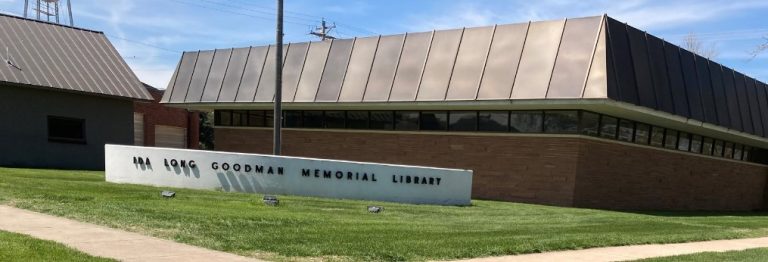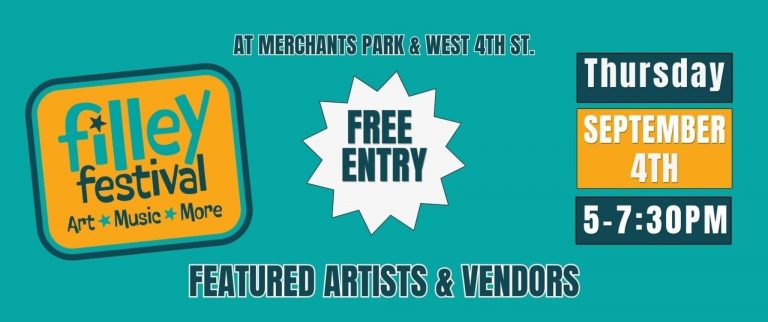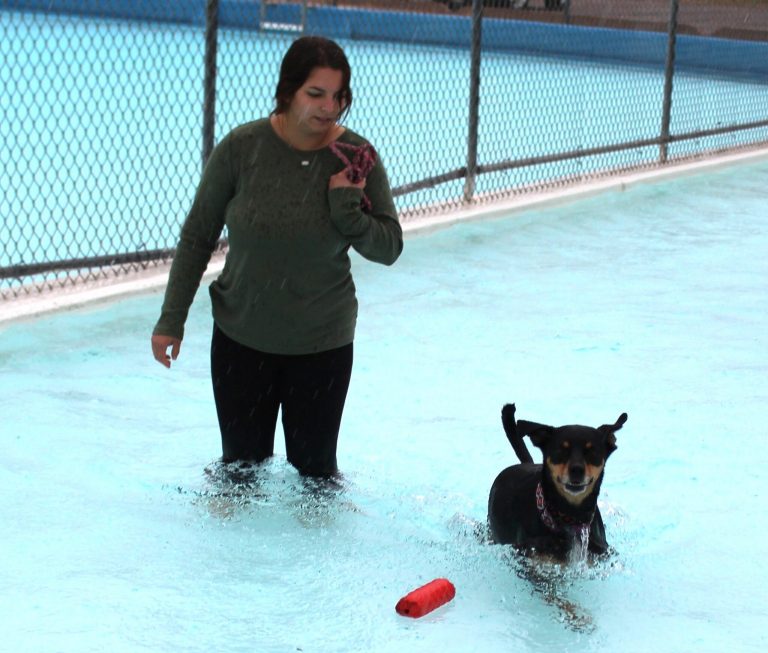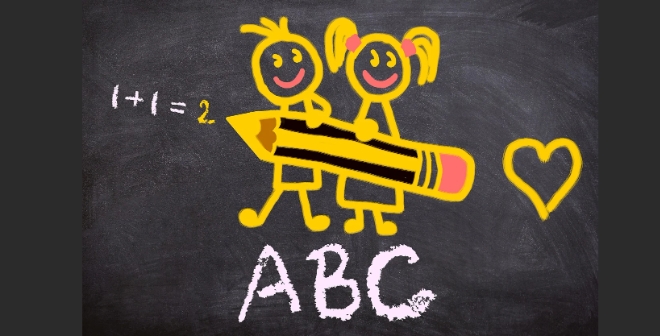By Jo McFadden
Ida Long Goodman Library Director
USD 350 St. John- Hudson
The South Central Kansas Library System has been selected as one of 310 libraries to participate in round two of Libraries Transforming Communities: Accessible Small and Rural Communities, an American Library Association (ALA) initiative that provides community engagement and accessibility resources to small and rural libraries to help them better serve people with disabilities.
The competitive award comes with a $10,000 grant, SCKLS is matching the $10,000 to allow a total of six SCKLS member libraries including the Ida Long Goodman Memorial Library in St. John which will receive a portion of the total funds to allow patrons with disabilities greater access to computers in rural areas.
“ We are so proud to be chosen for this amazing opportunity,” said Library Director Jo McFadden. “This grant will allow our library to get to know our residents better. It will help us improve our services to ensure we can meet the needs of everyone in our community.”
As part of the grant, library staff will host a conversation with residents about accessibility and use the grant funds to work on creating systems and places so everyone can utilize the resources in the library.
The first Community Conversation will take place at Ida Long Goodman at the Lunch & Learn, 12 noon to 1 p.m., Friday, September 6 in St. John. Call the library to sign up for a free lunch and provide your feedback.
“We want our library to be a place in the community for everyone. We want to connect with those who may not be connected and find ways to make our library more accessible, and more supportive for everyone,” McFadden said. “We want to find out what your needs are, so we can serve the whole community.”
Those interested in getting involved or taking part in the conversation, please call the library at 620-549-3227 for more information.
Since 2014, ALA’s Libraries Transforming Communities initiative has re-imagined the role libraries play in supporting communities. Libraries of all types have utilized free dialogue and deliberation training and resources to lead community and campus forums; take part in anti-violence activities; provide a space for residents to come together and discuss challenging topics; and have productive conversations with civic leaders, library trustees and staff.




